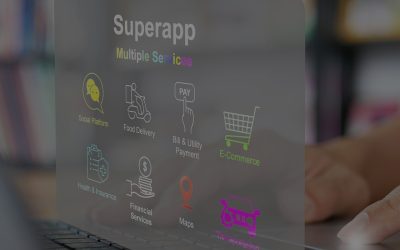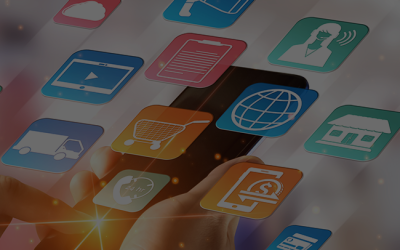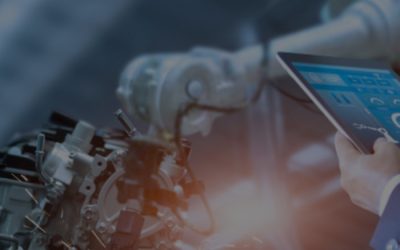Revolutionizing Healthcare Analytics through Machine Learning
These are some exciting times for the healthcare space. With the growing volume of data collected through patient portals, EHRs, and what not, the industry faces not the lack of data but of tools and technologies to leverage it.
Healthcare analytics is the driver behind improving care quality, reducing costs, and offering an over-the-top patient experience. McKinsey has predicted that AI and ML could generate up to $100 billion in value annually for the healthcare industry.
AI and ML in healthcare are helping organizations optimize innovations, make better decisions- faster, make clinical and research trials more efficient, and provide new tools for clinicians, patients, regulators, and even insurers.
Machine Learning Catalyses Growth in Healthcare
Here are a few areas where ML is backing up innovation and experimentation to make healthcare more efficient, accessible, and cost-effective:
- Diagnosis with Computer Vision – Computer vision has come around as a breakthrough in the healthcare domain, thanks to ML and deep learning. Image recognition can be used as a second opinion and helps doctors confirm diagnosis of patients’ diseases. This also makes quickens the process of reporting analysis after imaging procedures. However, the lack of explanation a trained deep learning system gives for arriving at a certain prediction is still a deterrent for healthcare organisations to using AI commercially.
- Pharmaceutical Recommendations – Leveraging medical history across patients sharing similar characteristics, analytics can be used to recommend the right drugs as per patient conditions. Additionally, pharma companies can use this data to run targeted ads and campaigns to promote the right medications and improve awareness among undiagnosed patients.
- Trends in Treatment – AI and ML can help care providers track the treatment paths various physicians have taken to treat the same disease. This will not only help map the medication that was recommended for a certain condition but will also assist physicians understand the common needs of patients going through the same treatment.
- Risk Monitoring – Analytics in healthcare can help gather critical data for a patient and monitor any risks to their health from ongoing medication and other procedures. Risk-based monitoring has been used integrated with sensors and electronic data capturing devices such as blood pressure monitor, ECG, and others to detect suspicious changes in patient’s critical signs and respond to any anomaly proactively. In addition, predictive analytics can be used to predict possible events in the near future and provide recommendations to patients beforehand thus, reducing the burden on Emergency Department.
- Chronic Disease Risk Scoring – Using varied patient data, machine learning algorithms are used to predict both health risks and financial risks associated with chronic patients. These can help care coordinators take proactive steps in formulating the right treatment plans for individuals as well as following up more rigorously with critical patients.
- Physician Matching – Instead of matching a physician to a patient on a generalized scheme, providers can leverage physician data such as the number of patients in the same condition they have treated successfully and use insights to assign the best physician to each patient. The richer your data gets, the more relevant this association will be, leading to better healthcare outcomes, improved patient experiences, and timely treatments.
- Patient Engagement – Making each interaction with patients much more relevant and targeted can lead to better patient satisfaction and healthier lifestyles. By understanding the life of each patient including their attitudes, motivations, barriers, social life, etc. we can provide relevant recommendations using their preferred channel of communications. This, can help in motivating the patients to take care of their own health and lead to better brand building and improved financial profitability for the organization.
From Reactive to Proactive Healthcare with Machine Learning
While it is good to know if something has happened after an action, it is better to save time and predict outcomes when it comes to healthcare. This is precisely what ML can help achieve.
Let’s say a doctor is about to prescribe medication to a patient. With ML-backed analytics, they can look at the patient’s medical history and predict any allergies or similar symptoms that might crop up post medication.
This is the kind of digital healthcare that organizations are aiming to deliver in this tech transformed era.
AI and ML might be the most critical shots at improving care delivery, and this is the best time to act on them.
The ITC Infotech Advantage
Our AI/ML practitioners have an in-depth understanding of the needs of the healthcare space as it is right now. We will work with you to proactively identify improvement areas. Our domain and technology expertise will help you keep ahead of the curve and deliver superior patient experience and operational excellence.











